When will Windows 10 users be able to upgrade to Windows 11 for free? Microsoft confuses again
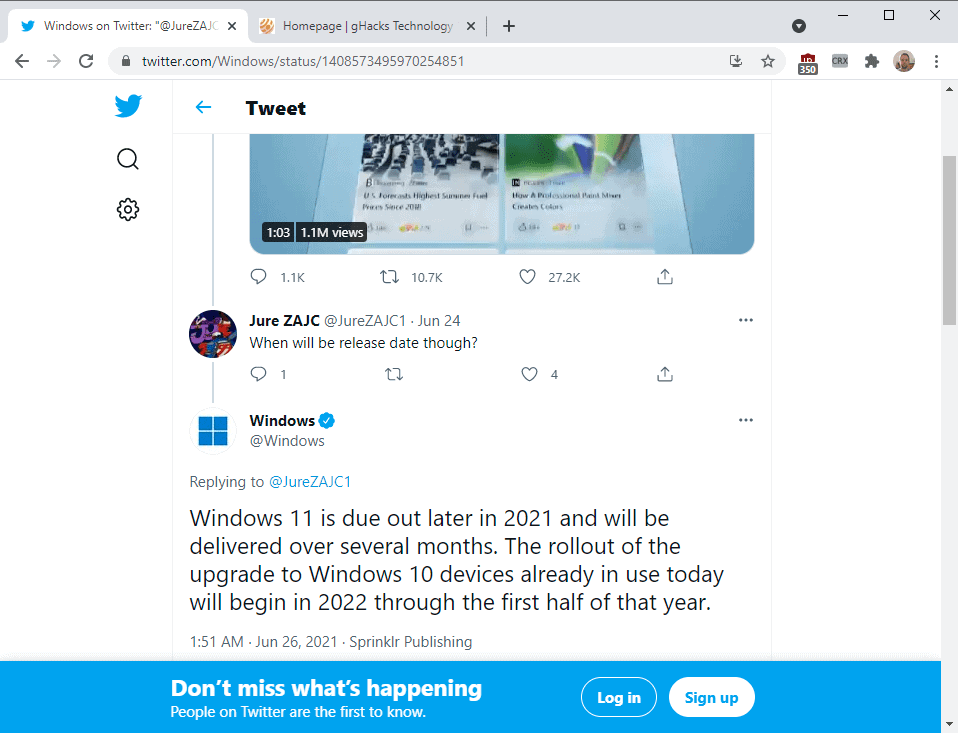
Windows 10 users will be able to upgrade their devices to Microsoft's Windows 11 operating system, according to Microsoft.
Microsoft unveiled its upcoming operating system last week and things started to get confusing right from the get-go. The company released a program, the PC Health Check tool, that reveals if a device is compatible with Windows 11. Many devices that users tested were not compatible because if stricter processor and TPM requirements.
The first iteration of the tool returned an unhelpful message if a device was not compatible, simply stating that the device could not run Windows 11. Third-party tools were created quickly that provided the missing explanation. Microsoft did upgrade its own tool eventually to highlight why Windows 11 is not an option for the tested device.

Windows 11 will be released later this year according to Microsoft, a leak suggests in October 2021. One user asked Microsoft on Twitter about the release date, and Microsoft responded in the following way:
Windows 11 is due out later in 2021 and will be delivered over several months. The rollout of the upgrade to Windows 10 devices already in use today will begin in 2022 through the first half of that year.
The first sentences reiterates that Windows 11 will be out later in 2021. The second sentence on the other hand may cause confusion, as Microsoft reveals in it that the upgrade from Windows 10 devices to Windows 11 devices will begin in the first half of 2022.
Does that mean that Windows 10 users will have to wait half a year after the release of Windows 11 before they get the chance to upgrade to the new operating system? It is unlikely for a number of reasons, but one plausible interpretation of the sentence nevertheless.
Here is what I think Microsoft meant. Windows 11 will come out later this year. The operating system can be purchased and users may also upgrade to Windows 11 from their Windows 10 devices, provided that these are compatible. The upgrade will be offered to "seekers" only, administrators who click on the check for updates button in Windows Updates.
All compatible Windows 10 devices will receive the upgrade offer to Windows 11 then in the first half of 2022. Whether that upgrade will be enforced at one point in time, similarly to how Microsoft pushed Windows 10 on Windows 7 and 8.1 devices after the first year of release, remains to be seen.
Microsoft has a vested interest in upgrading as many devices running Windows 10 as possible, as much of Windows 11's early success depends on these updates and a positive momentum.
Now You: what is your take on all of this? (via Dr. Windows)





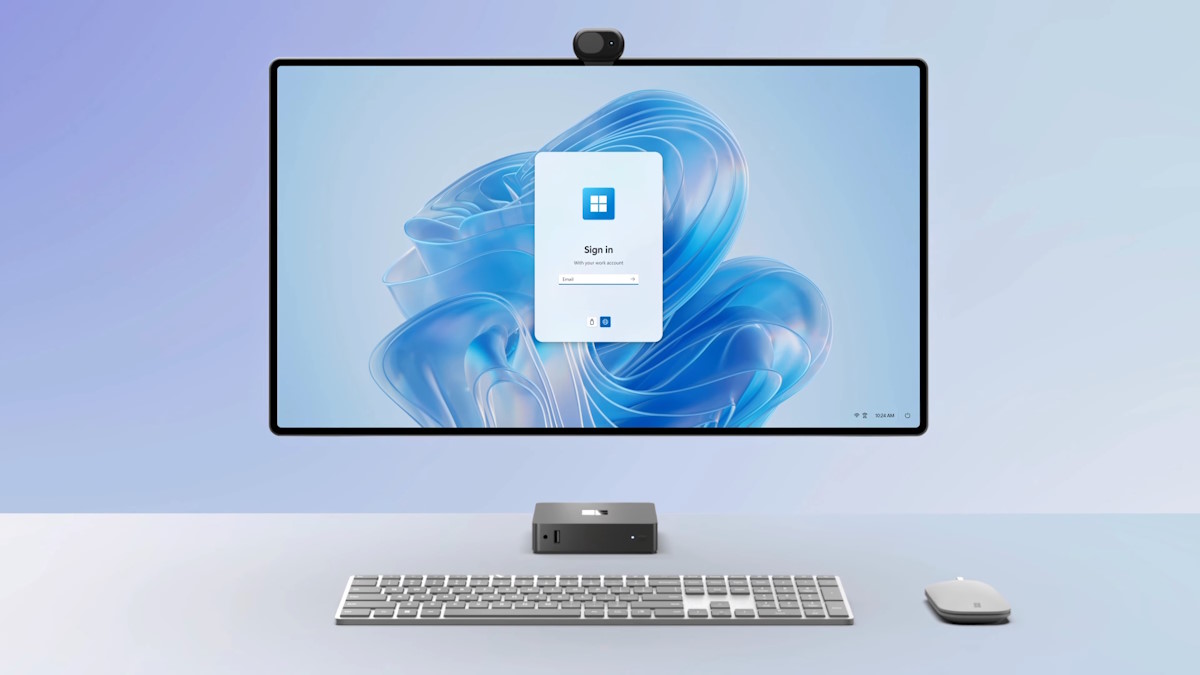

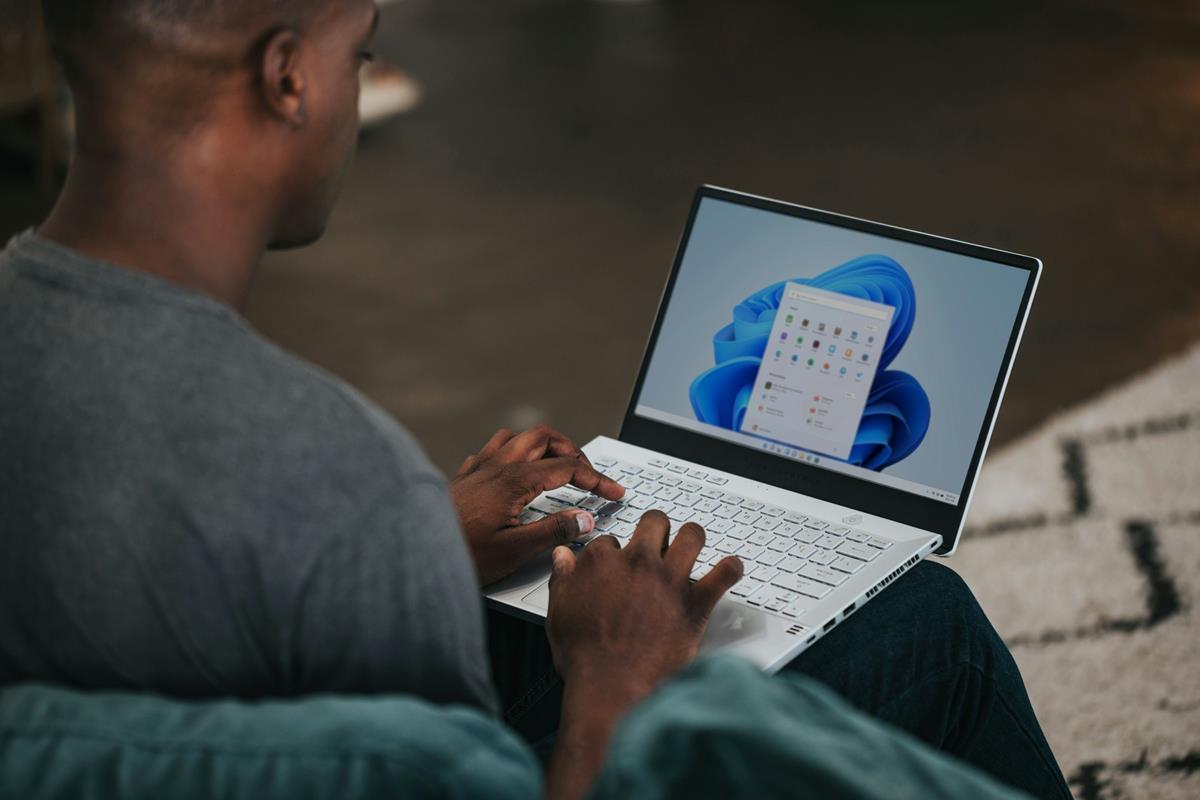


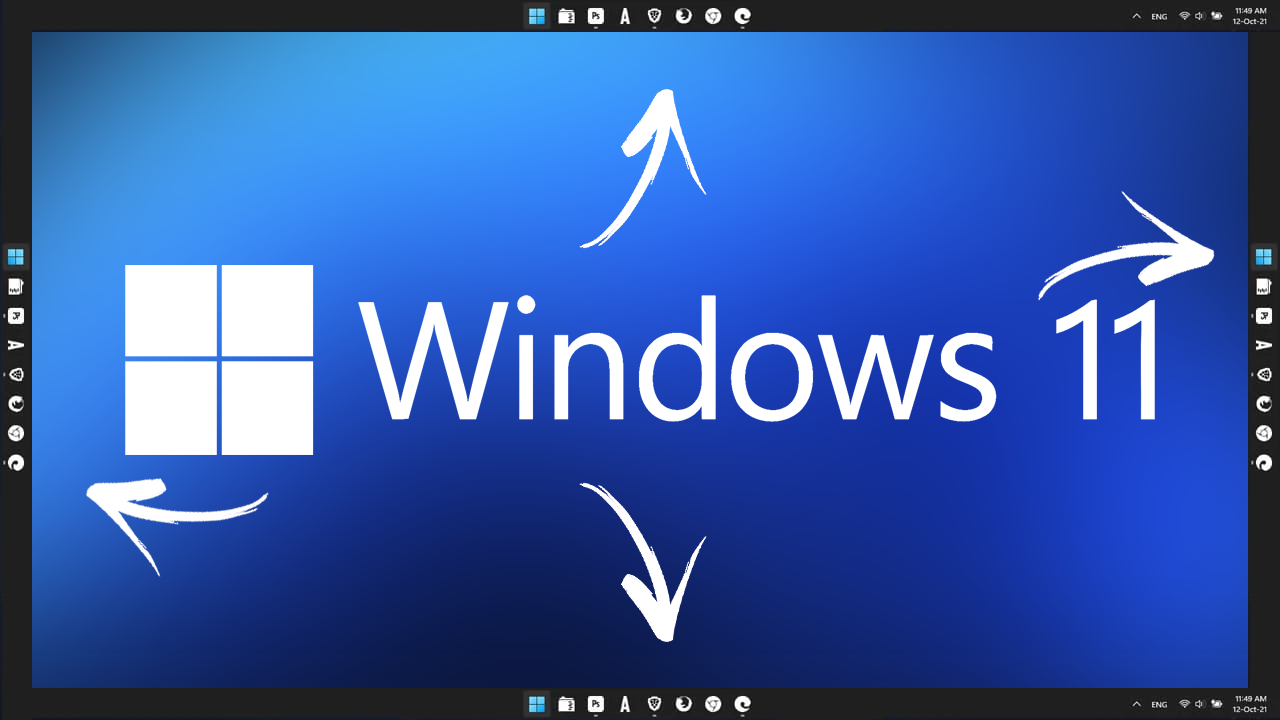
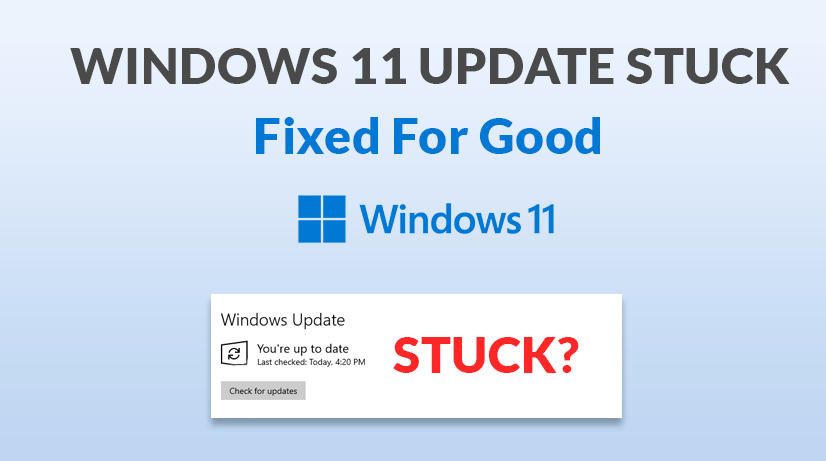

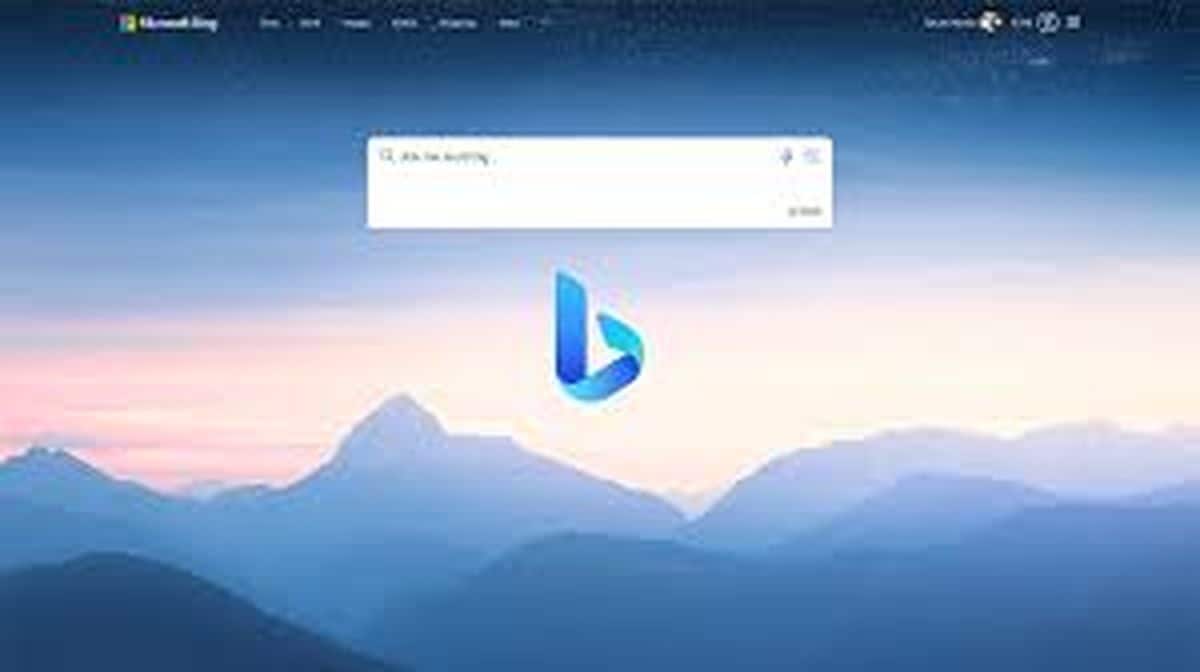



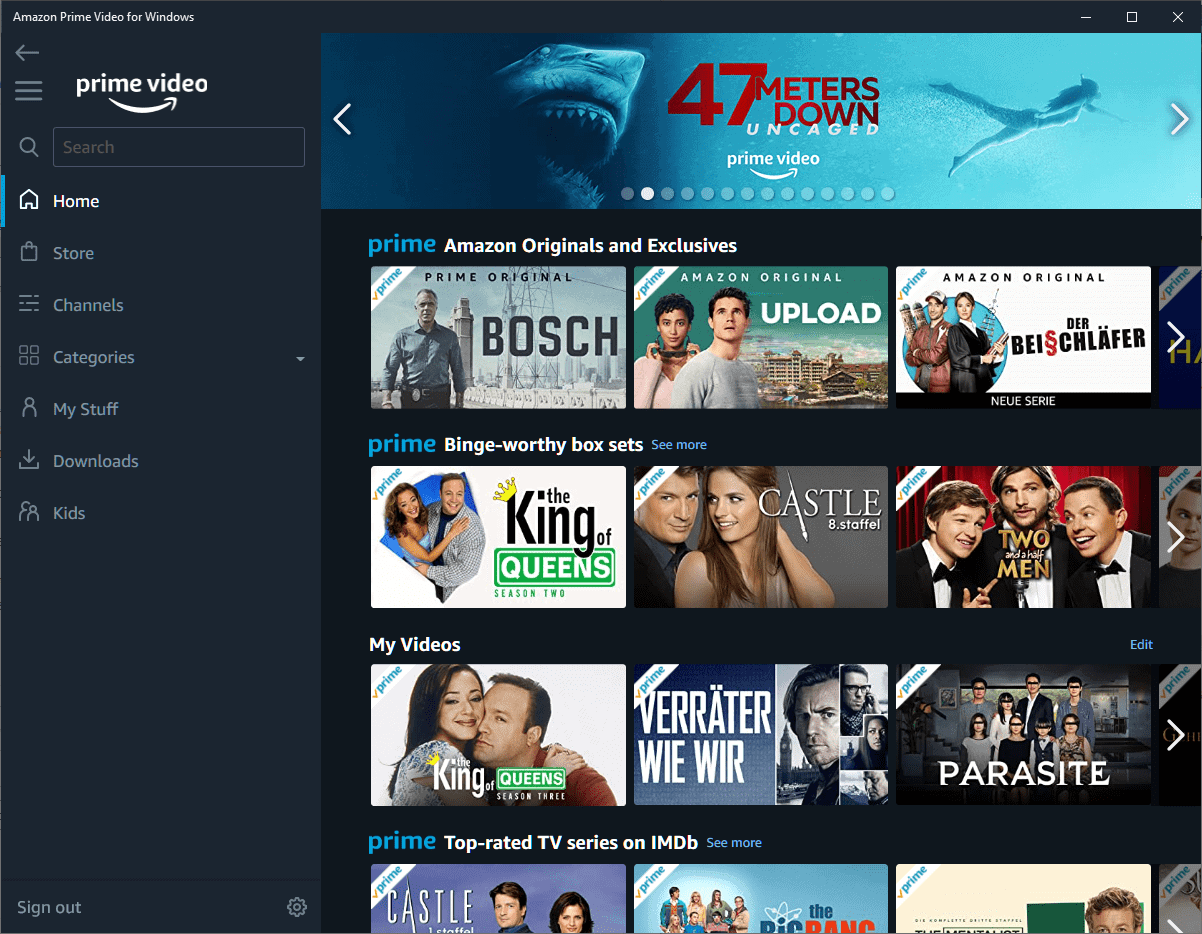
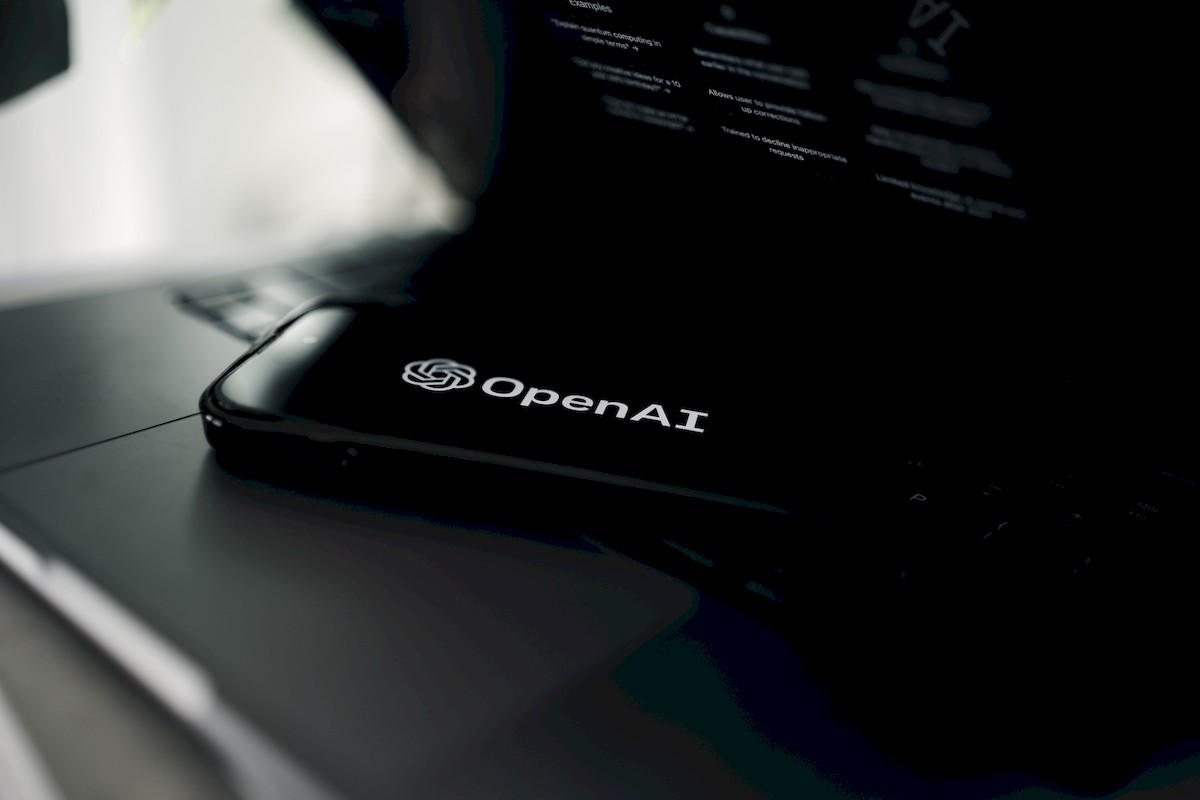
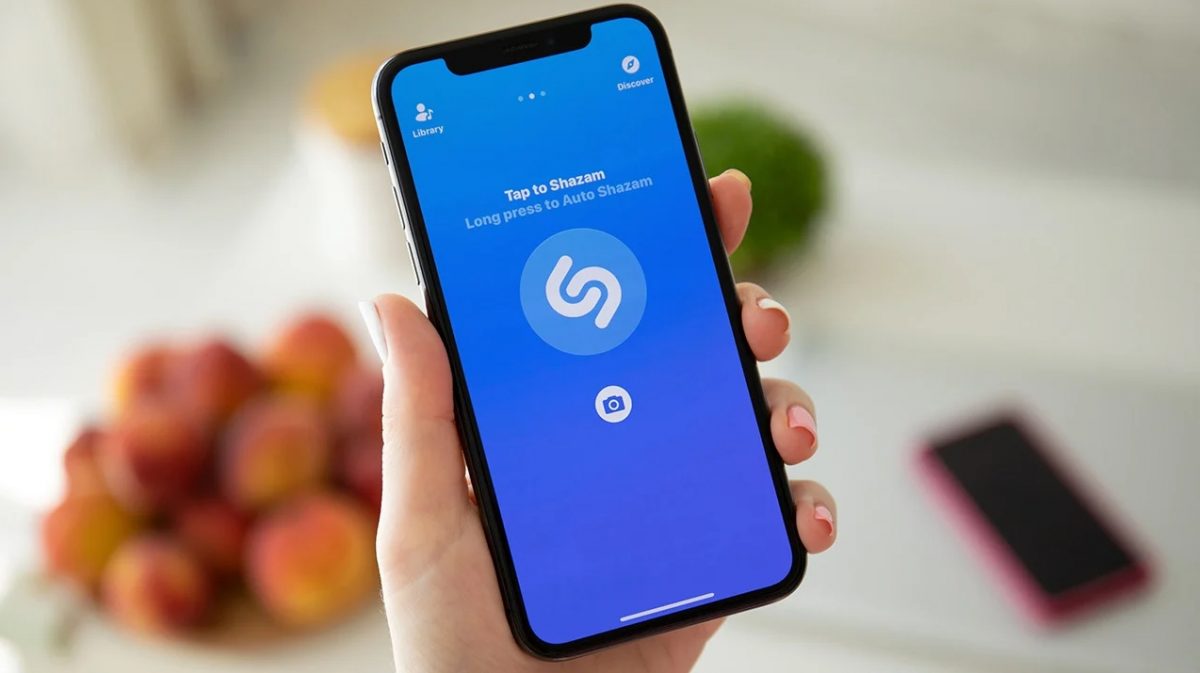



Going by Microsoft’s track record (especially in the post-Ballmer, post logo change era), I would recommend against becoming an early adopter for any new Windows: either new computer or upgrading.
Quite frankly, everyone is missing the point bellyaching about cosmetic UI changes. For example, for my Windows 10 PC, one of the first things I did was to install StartIsBack to get rid of that monstrosity they called the ‘new and improved’ Start menu. I also had to install an app to get the ‘classic’ calculator back. And yes, a local account, because I do not wish to be forced into another additional statistic for Microsoft’s cloud and services business. And disabled Cortana, the Microsoft app store.
The most important takeaway is this: Microsoft is still mucking around with Intel x86 chips, while Apple has already moved on to Apple Silicon custom ARM chips for its Macs. Microsoft can try to promote ‘Windows on ARM’ which no one cares about, and it can try to be relevant in mobile by piggybacking Android and Amazon… won’t work.
Quite frankly, there is no better time to switch to a Mac, especially if you wish to get serious work done on a computer. Dosbox is available for Mac, and older Windows games can be virtualized. Steam games are platform agnostic.
Those who don’t want to spend the money and only use their computers for casual stuff, use Linux. Linux Mint is good enough.
New Windows = downgraded UI, less privacy, and money grabbing for hardware upgrades or upgrades from Home to Pro.
People need to wake up and take notice. What we ae seeing is planned obsolescence on steroids. Even if the Win 11 install is free, in many cases you will have to buy new hardware to run it. I’ll bet MS gets a nice kickback from sales of Win 11 capable PCs.
Many large companies are addicted to MS Windows. They’ll pay the price and upgrade their hardware. They’ll buy pricey support contract agreements.
I remember when Windows 10 came out, and we were flooded with articles on how to prevent Microsoft from upgrading our Windows 7 machines. I read those articles carefully and followed their instructions.
what is your take on all of this?
yawn
wake me up in 2025
In the end, I bet this becomes 21H2 or something, with some Marketing curated narrative experience claiming future release, delayed for awesome delightness. Or some such effluent…
No M$ for my devices. I’d rather take bear mace to the face every day than use their crap.
At some point – we may be almost there – the only stomach-able version of Windows will be some hacked Monkrus version or something.
If Microsoft has a vested interest in upgrading as many devices running Windows 10 as possible, why the hardware compatibility is so selective?
I can’t believe that upgrading from Windows Home to Windows Pro consistently costs $100.
I bought Windows 10 Home ten 6 ago and I was hoping to upgrade to Pro and i was looking for a deal, which never came. Piracy is my only option…
It doesn’t. Pro was being offered by computerworld (?) for $30 late last year. Otherwise, ebay is your friend.
With 11 on the horizon, I’d bet deals will be found.
Microsoft’s new marketing pitch: “Windows 11… it’s our new Windows 8”
It has been almost 40 years of computer experience, first on my personal Macintosh, and IBM PC DOS, etc. at the company I work for.
But I realized the frivolity of virtual reality and woke up to the importance of the real world and switched to a “digital detox” at home.
Now, I have limited uses for my PC, all of which are sufficient for third-party programs (LibreOffice, IrfanView, darktable, digiKam, SumatraPDF, Firefox, Thunderbird, AIMP).
For me, the key concern is whether I can continue to do what I currently need to do, or not.
To be honest, I’m not interested in OS bloatware (niche programs that are added) at all.
In other words, In other words, I am not interested in Windows 11, I am only interested in whether it will provide adequate update support for security patches and bugs.
If I ever need to change my OS, “LTSC” is a strong candidate.
This is getting real very quick:
https://www.overclock3d.net/news/software/windows_11_will_make_webcams_mandatory/1
tape
So, it will become real botnet..
I read that the preview/beta version of Win11 does not have the restriction because of TPM and (old) CPU. So I would like to test Win11 as a live bootable DVD. Like Ubuntu and Fedora have that.
Is there any chance that such a live bootable Win11 DVD comes available (from a reputable source of course because of virus/security risks to the HDD-OS).
Taking any bets on how long it will be before a hack removes the TPM “requirement” (or even when a Micro$oft release does it) ?
Nobody will be able to install Windows 11 if 8th gen and up is only supported. It will be a big flop like Windows 8. They will have to do a full u turn on the requirements for Windows 11.1.
Every other version of Windows has always been garbage, it won’t be good again until Windows 12.
Perhaps there is confusion in the dates by referencing Financial Year (FY) as opposed to Calendar Year (CY). As M/soft’s financial year runs July 1 to June 30 the first half of FY2022 will go up to Dec 31 CY2021 – just a thought.
I am not compatible :(
Microsoft will not be enforcing an upgrade on Windows 10 systems
while Windows 10 is officially supported and that date is October 2025.
Windows 11 will likely be offered as optional sometime before that time.
I bet they will extend Windows 10 support like windows 7 that officially ended 2023.
Yes, I would say that is a safe bet.
There will still be a large Windows 10
install base with much of it corporate
and Microsoft cannot just cut it off.
It will force extending support.
As usual, they first need sheep to test out this new potato, so they can half-patch some of it before they release it to everyone and HOPE not too many ginormous mistakes get along for the ride. This will surely be Windows 10.2, codename warts and all, and nothing else. We can expect a somewhat useful system sometime in late 2030, when they release Windows 12.
They will have to pay me to install this touch screen only garbage. Everything is more overly enlarged and uglier than Windows 10.
“Microsoft has a vested interest in upgrading as many devices running Windows 10 as possible, as much of Windows 11’s early success depends on these updates and a positive momentum.”
They’re clearly not that bothered or they wouldn’t have imposed their harsh hardware restrictions.
Unless Microsoft reverts the CPU requirements, a lot of devices running Windows 10 won’t be able to upgrade.
Are you talking about which generations are supported? If so, I agree, but if you’re talking about not supporting x86 architecture, I disagree. It’s time to move on from that outdated crap already.
I don’t understand the issue, Microsoft takes months to deliver updates to devices and people probably will be able to force it at their own risk. Even today some devices have trouble getting updates for some “incompatibility” but people are still available to manually install them. Of course new devices and computer will be able to get it first day I am sure.
The requirements also don’t mean anything, there are people who have been able to install Win11 even without TPM and UEFI. Because it is an absurd requirement and it won’t be checked by OS but only by installation.
And they even confirmed how modified builds will exist that will allow installation without TPM and all that like gaming rigs.
But expecting everyone to get win11 this year as an update, sounds crazy… only really new devices and then more incompatibilities and conflicts will be fixed eventually and drivers and firmware updates and all that.
The article below is delving into why Intel have been so restrictive with allowing only very recent CPU’s all seeming to boil down to security issues with earlier CPU’s.
https://www.howtogeek.com/739029/why-doesnt-windows-11-support-my-cpu/